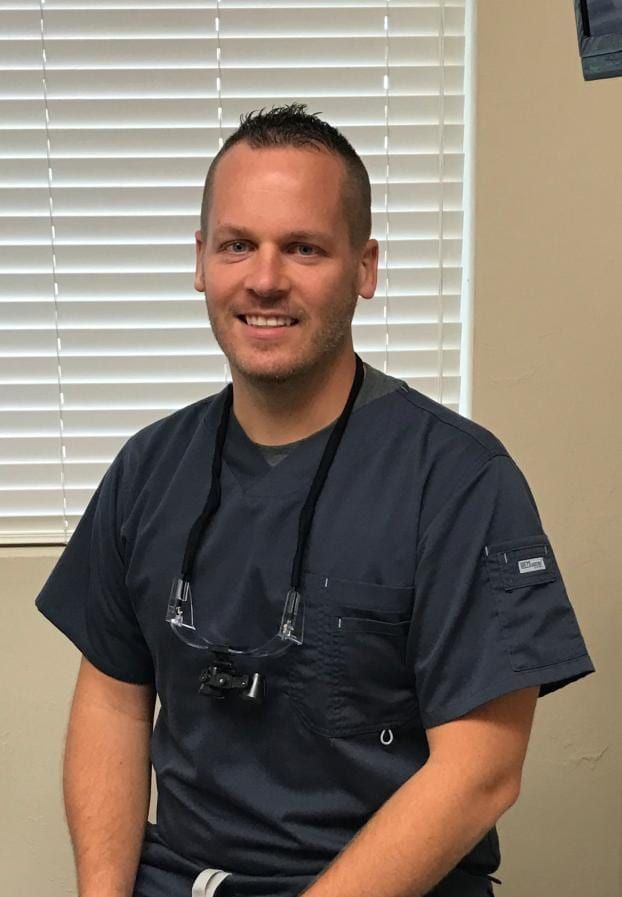Over 400 million people have been infected with the Covid-19 virus within the last few years. According to chief medical advisor Dr. Anthony Fauci, while we are no longer in a pandemic, Covid-19 continues to remain a global threat. It’s essential during this time to continue to be mindful of the disease and its symptoms, including keeping track of symptoms not commonly reported with cases of infection. For people recovering from the effects of Covid-19, some studies have reported additional oral health side effects. As dentists, we’re here to explain the potential oral health side effects of Covid-19 and provide you with the information you need to keep yourself healthy.
The Oral Symptoms to Look Out For During Recovery
One of the most commonly associated symptoms with Covid-19 is the loss of taste and smell. Most people know that the loss of smell and taste are critical symptoms of infection. However, there are other signs of infections that should also be considered while recovering. While it is currently not clear why some people develop oral troubles, even mild degrees of infection can cause some degree of oral problems that need to be treated later on. With that in mind, we’re here to go over some of the latest, not as common symptoms to be associated with Covid-19:
- Lesions and Ulcers: Lesions and ulcers are some of the less commonly known symptoms of Covid-19. According to a Journal of Dental Research study, over 80% of patients hospitalized with Covid-19 had lesions or ulcers in their mouths. Our respiratory system begins at our nose and mouth, making it a common target for viruses like Covid-19. While ulcers typically go away on their own, if they do not go away within a few weeks, then it’s essential to schedule an appointment as soon as possible to diagnose and treat the condition.
- Dry Mouth: While not considered a unique side effect of Covid-19, dry mouth affects approximately 65% of the population. Dry mouth can worsen during or after an infection, as the virus can cause the salivary glands to underproduce saliva. Healthy saliva production helps maintain our mouth’s moisture and reduces the risk of tooth decay by washing away harmful bacteria build-up. Without enough saliva, the mouth becomes parched, causes bad breath that won’t go away with brushing, and eventually lead to gum disease. Ensure to drink enough water and seek out your local dentist if these symptoms continue after recovery.
- Inflammation: Inflammation is a primary symptom of Covid-19 and is considered the most life-threatening part of the virus’s pathology. Although inflammation is the body’s response to infections, the virus causes extreme levels of inflammation throughout certain parts of the body that are harmful to our health. These areas of inflammation can also include the mouth and can cause the gums to become red, swollen, and bleed heavily during and after recovery. If signs of gum inflammation continue after recovery, then speaking with your dentist can help determine whether or not gum disease has developed.
Finding Resource For Recovery With Your Dentist!
Even though the pandemic is considered officially over, some people continue to experience the long-term side effects of Covid-19. If you have any lingering oral health side effects after recovering, then don’t hesitate to contact your local dentist to schedule an appointment for treatment.


